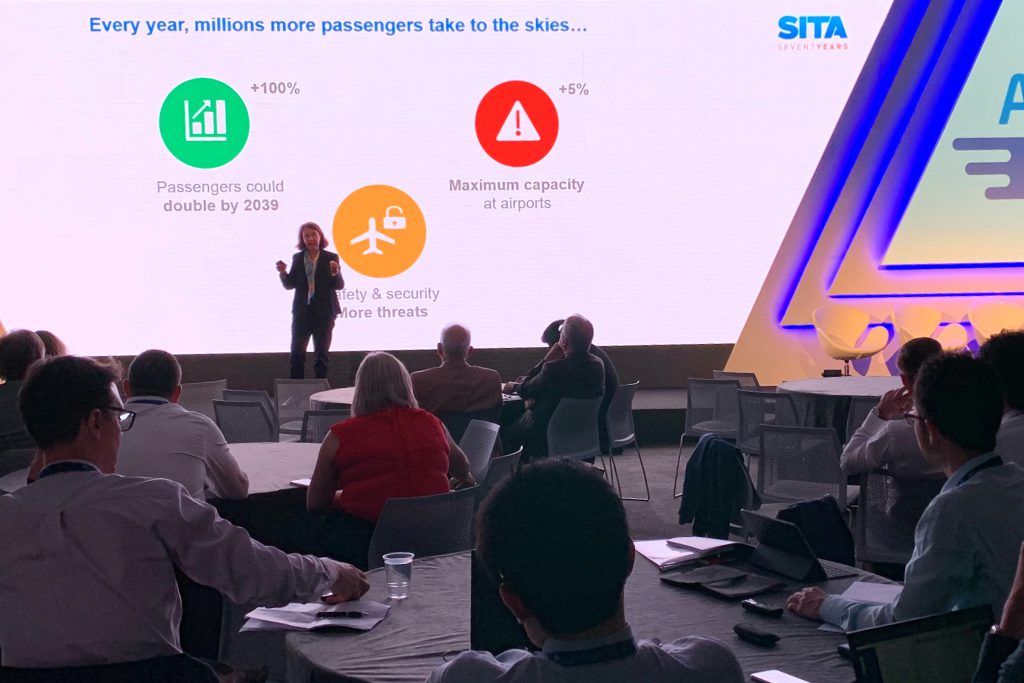Airline-Owned SITA Seeks to Ride a Software Boom to Lift Sales

Skift Take
It's glamorous to be a turnaround artist who parachutes into a troubled company and restores growth. But change can be slow and painful. Just ask Barbara Dalibard, the CEO of SITA, the airline-controlled tech provider.
Tech provider SITA (Société Internationale de Télécommunications Aéronautiques), which was created seven decades ago by 11 airlines, is struggling through a sluggish stretch. While CEO Barbara Dalibard has been revving up its metabolism since she joined in June 2016, the company hasn't yet found a fix to its troubled passenger service system.
SITA last year returned to revenue growth. It boosted its revenue 4 percent year-over-year to $1.7 billion as a consolidated group, it recently revealed. In the past, the private company has disclosed its consolidated group profit or cash flow. But this year it didn't.
“So far, so good,” Dalibard said of the turnaround. “2017 and 2018 were good years. This year, we’re slightly winning market share.”
In theory, Dalibard reports to the more than 400 airlines and airports who pay to be members.
In practice, some players own more of SITA than others. Shares are redistributed across members each year based on the business they do with the company. The company’s board includes executives from Air France KLM Group, Lufthansa Group, and LATAM.
A majority of the SITA's revenue last year came for the first time from its software services, Dalibard said.
That’s a switch from the past. The company’s core business had been to run communications support for nearly every airline and airport. But the vendor struggled after clients abandoned legacy tech to adopt internet-based communication. Its network business is now stable but remains in a declining market.
The company sees its future in selling software-based tools to process baggage, track passenger flows, run boarding gates, identify passengers, and run aircraft communications.
Shy About Some Details
As noted, SITA has stopped sharing profit and other numbers. So we did some digging into the privately held company. The company did publish financial filings in the Netherlands. The filings covered only 70 percent of the group’s activity. The filings excluded its flat business in network services activities and its money-losing passenger service system. But they gave a sense of the company's fortunes.
SITA’s net profit last year dropped 10.7

